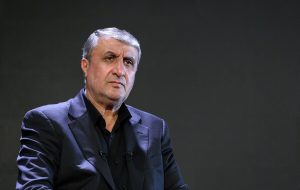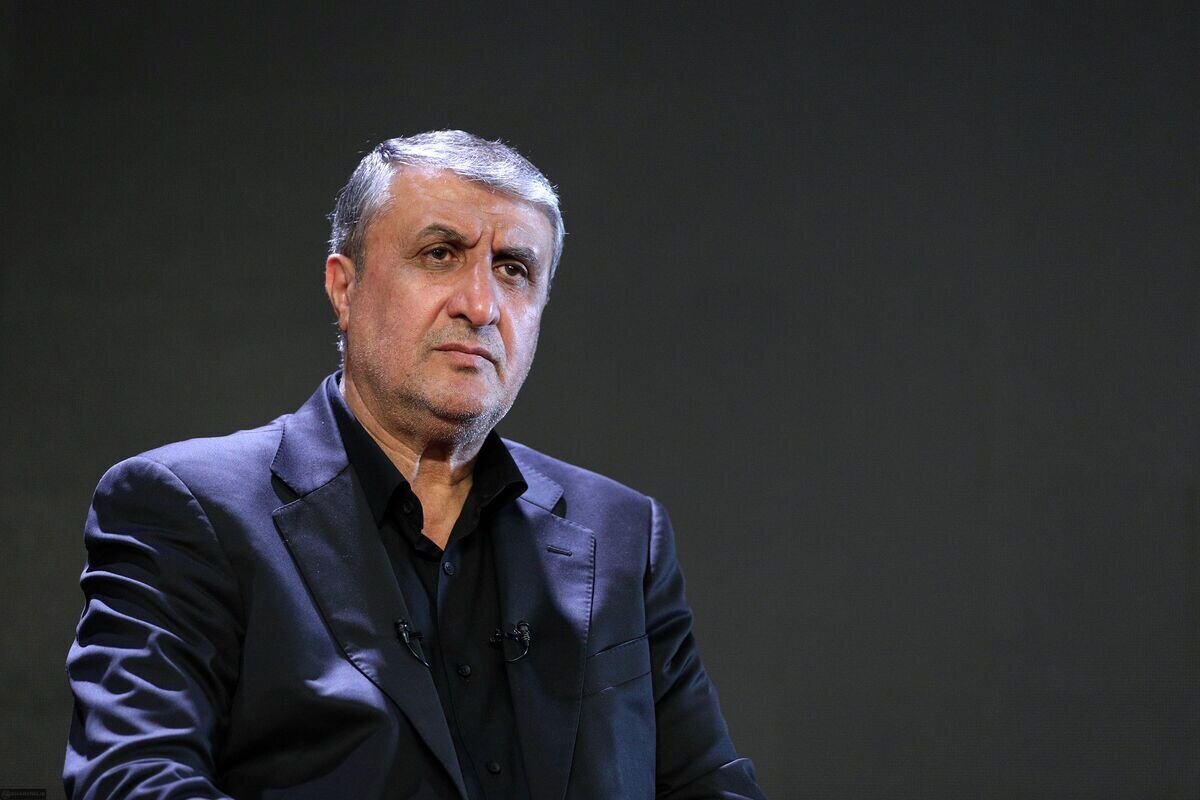Iran nuclear chief says program will progress under any U.S. president
TEHRAN – Iran’s nuclear program will continue to advance, regardless of US politics, says the head of the nation’s Atomic Energy Organization. Mohammad Eslami acknowledged during a cabinet meeting on Wednesday that the Islamic Republic of Iran is steadfast in its commitment to developing its nuclear industry, regardless of any changes in leadership in the


TEHRAN – Iran’s nuclear program will continue to advance, regardless of US politics, says the head of the nation’s Atomic Energy Organization.
Mohammad Eslami acknowledged during a cabinet meeting on Wednesday that the Islamic Republic of Iran is steadfast in its commitment to developing its nuclear industry, regardless of any changes in leadership in the United States.
The Iranian Atomic Energy Organization’s chief reiterated that Iran’s nuclear activities are entirely peaceful and in compliance with international law, and that the country remains committed to advancing its nuclear capabilities for the betterment of its citizens.
Eslami further stated that Iran has achieved a level of self-sufficiency in the nuclear sector, particularly in the production of laser technology and essential high-consumption products.
head of Iran’s Atomic Energy Organization highlighted a recent achievement, noting the inauguration of a fiber laser production line, which is now operational, and mentioned the establishment of a production line for laser cutting of non-ferrous metals.
Eslami also pointed out that last year, Iran supported the development and implementation of a laser deep welding line for industrial steel applications, and has now introduced systems designed for precision cutting, especially for intricate components.
The U.S. withdrawal from the Joint Comprehensive Plan of Action (JCPOA) in 2018 has been followed by substantial progress in Iran’s peaceful nuclear program. The deal signed in 2015 limited Iran’s nuclear activities and progress in exchange for the termination of Western sanctions. Iran waited two years for the reinstituted sanctions to be lifted before beginning to gradually scaling back on its JCPOA commitments in 2020.
While Iran’s nuclear facilities undergo rigorous international inspections. While Iranian authorities have repeatedly announced that they do not plan to develop nuclear weapons, public calls for the possession of nukes have been growing inside Iran, with people worried that Israel’s unchecked violence could eventually spread to Iran.
While Israel is estimated to possess at least 200 nuclear warheads, its nuclear program remains shrouded in secrecy, never subjected to International Atomic Energy Agency (IAEA) scrutiny despite numerous threats from Israeli politicians to use these weapons against Muslims.
